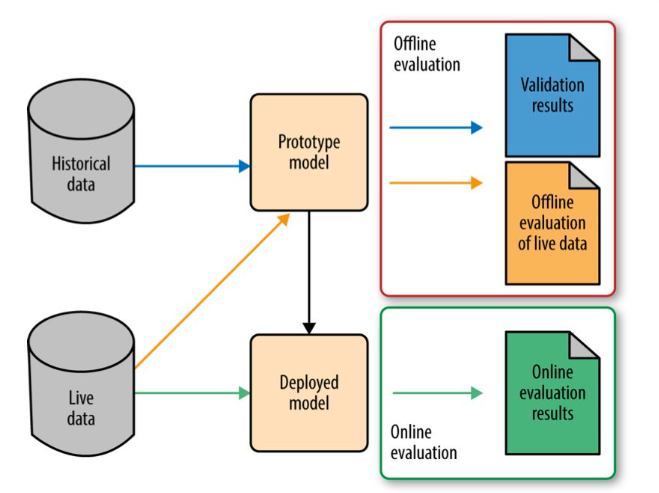
创新背景
使用传统的计量经济学模型进行房地产市场的估值存在速度问题,数据的陈列、研究和对比所耗费的时间和精力是传统模型的重要缺陷,而机器学习的海量数据在这一方面很好地弥补了这些不足。
创新过程
荷兰阿姆斯特丹商学院的教授Marc Francke在房地产估值的问题上看到了传统模型的不足。使用计量经济学模型评估房产的价值需要从施工年份、建筑面积等方面解释变量,整个过程十分复杂,因为变量之间存在相互作用,且需要考虑的因素也越来越多。

在完成关于住宅物业估值模型开发的论文时,机器学习模型的优势清晰呈现在房产估值的过程中。在速度方面,机器学习模型就远胜计量经济模型。将数据放在易于访问的数据模型中就可以得到一个估计值,完成一篇论文的研究在一个下午机器学习模型就可以完成,比传统模型节省了许多时间。机器学习面向公众开放,估值过程比以往的模型更加公开、透明、民主。

但机器模型的隐蔽性也成为估值过程的障碍。根据房地产估价法来说,确定房屋价值的同时整个估值过程是清晰明了的。但使用机器学习模型会面临它的计算过程不可见问题,估值速度提高了,但过程不够清晰,结果也不完全是有意义的。并且机器学习模型缺乏置信区间,无法输出准确的区间估计。

在房产估值过程中,机器学习模型利大于弊,它对于流动性住宅房地产市场极为重要。文字识别、图像识别和大量数据信息非常有利于概括房地产市场估值,因而机器学习模型的应用在住宅房地产市场的多个方面会不断增长。因为机器学习模型的可解释性和置信区间的缺失在应用中并不涉及主要矛盾。机器学习模型和传统模型可以相互参考,彼此弥补不足。
创新关键点
将机器学习模型应用于房地产市场估值,提高估值速度,弥补传统模型的缺陷。
Machine learning models increase the speed of real estate market valuations
Marc Francke, a professor at Amsterdam Business School in the Netherlands, sees the inadequacies of traditional models when it comes to real estate valuation. Using econometric models to assess the value of a property requires explaining variables in terms of year of construction, floor area, etc., and the whole process is complex because of the interaction between the variables and the increasing number of factors to consider.
When completing the paper on the development of residential property valuation models, the advantages of machine learning models are clearly presented in the process of property valuation. In terms of speed, machine learning models are far superior to econometric models. Putting the data in an easily accessible data model yields an estimate, and completing a paper's research can be done in an afternoon with a machine learning model, saving a lot of time over traditional models. Machine learning is open to the public, and the valuation process is more open, transparent, and democratic than previous models.
But the concealment of machine models also becomes an obstacle to the valuation process. According to the real estate valuation method, the entire valuation process is clear and concise while determining the value of the house. But using a machine learning model will face the problem of its computational process being invisible, the valuation speed has increased, but the process is not clear enough, and the results are not entirely meaningful. And the machine learning model lacks confidence intervals to output accurate interval estimates.
In the process of property valuation, the advantages of machine learning models outweigh the disadvantages, and it is extremely important for the liquid residential real estate market. Text recognition, image recognition, and large amounts of data are very useful for summarizing real estate market valuations, so the application of machine learning models will continue to grow in many aspects of the residential real estate market. Because the interpretability of the machine learning model and the absence of confidence intervals do not involve major contradictions in the application. Machine learning models and traditional models can refer to each other and make up for each other's shortcomings.
智能推荐
AI+城市管理 | 打造低碳出行模式
2022-06-29AI+城市管理控制城市能源利用和排放,促进低碳出行发展。
涉及学科涉及领域研究方向人工智能创新思维 | 反思可解释性方法,深入探索机器学习的原理
2022-07-23从可解释性方法的角度探索机器学习模型的工作准确性,拓展人工智能研究使用的注意事项。
涉及学科涉及领域研究方向